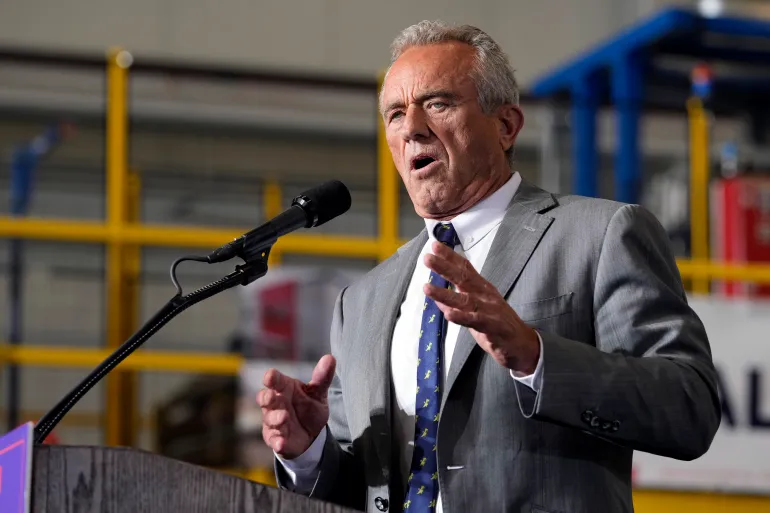Boeing, one of America’s most iconic manufacturers, continues to grapple with a series of crises under the leadership of newly appointed CEO Kelly Ortberg.
The aerospace giant announced significant job cuts and reported hefty financial charges late on Friday, signaling deeper challenges ahead. Ortberg, who took over the reins in August, hinted at a broader strategic overhaul to address the company’s lingering operational and financial difficulties.
Since January, Boeing has been navigating a turbulent year marked by production delays, quality control issues, and ongoing labor strikes. The company has struggled to stabilize, with cash reserves dwindling and its stock price heading for its worst annual performance since the 2008 financial crisis. Boeing’s reputation has been further marred by multiple incidents, including a midair emergency involving a 737 Max aircraft and revelations of systemic quality issues across its production line.
In a memo to staff, Ortberg outlined his latest move: reducing Boeing’s workforce by 10%, which amounts to approximately 17,000 employees. He acknowledged that more significant steps might be necessary to steer the company back to recovery, stressing the need to refocus on Boeing’s core strength—commercial aviation.
This comes amid financial challenges in Boeing’s defense and space divisions, which are expected to record $2 billion in charges for the third quarter alone. These difficulties are compounded by an ongoing strike that has severely impacted production, leaving Boeing’s future growth and recovery in jeopardy. Ortberg, who has so far refrained from speaking to the media, has begun reaching out to key stakeholders, including customers, regulators, and government officials, in a bid to restore confidence in the troubled company.
Boeing’s third-quarter earnings call on October 23 will be closely watched by investors, who are eager to hear more about Ortberg’s long-term recovery strategy.
With input from Bloomberg, Business Insider, and Fortune.









